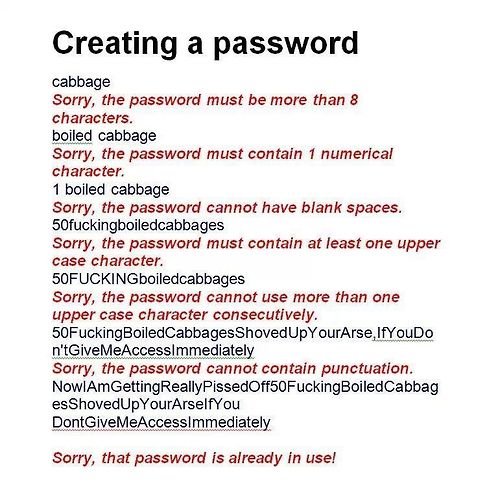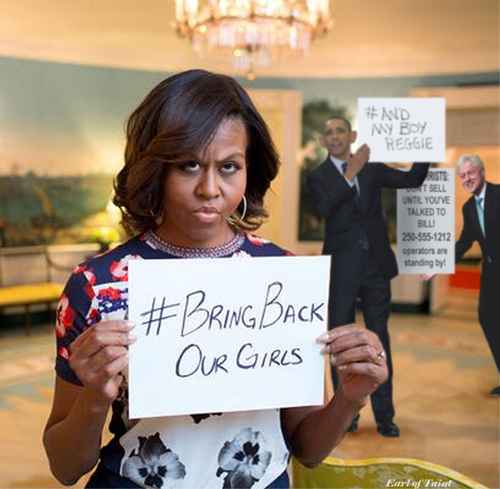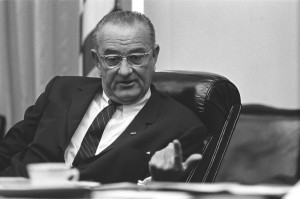This is not a racist post so don’t even go there, this a a story of a liberal opening his eyes to reality of the people he serves in his own words.
“I am a public defender in a large southern metropolitan area. Fewer than ten percent of the people in the area I serve are black but over 90 per cent of my clients are black. The remaining ten percent are mainly Hispanics but there are a few whites.
I have no explanation for why this is, but crime has racial patterns. Hispanics usually commit two kinds of crime: sexual assault on children and driving under the influence. Blacks commit many violent crimes but very few sex crimes. The handful of whites I see commit all kinds of crimes. In my many years as a public defender I have represented only three Asians, and one was half black.”
“The media invariably sugarcoat black behavior. Even the news reports of the very crimes I dealt with in court were slanted. Television news intentionally leaves out unflattering facts about the accused, and sometimes omits names that are obviously black. All this rocked my liberal, tolerant beliefs, but it took me years to set aside my illusions and accept the reality of what I see every day. I have now served thousands of blacks and their families, protecting their rights and defending them in court. What follow are my observations.”
* Although blacks are only a small percentage of our community, the courthouse is filled with them: the halls and gallery benches are overflowing with black defendants, families, and crime victims.
* An Hispanic will never call me by my first name and will answer my questions directly and with appropriate respect for my position. Whites are similarly respectful. A black man will never call me Mr. Smith; I am always “Mike.” It is not unusual for a 19-year-old black to refer to me as “dog.”
* Unlike people of other races, blacks never see their lawyer as someone who is there to help them. I am a part of the system against which they are waging war. They often explode with anger at me and are quick to blame me for anything that goes wrong in their case.
* Black men often try to trip me up and challenge my knowledge of the law or the facts of the case. I may repeatedly explain the law, and provide copies of the statute showing, for example, why my client must serve six years if convicted, but he continues to believe that a hand-written note from his “cellie” is controlling law.
“The Constitution allows a defendant to make three crucial decisions in his case. He decides whether to plea guilty or not guilty. He decides whether to have a bench trial or a jury trial. He decides whether he will testify or whether he will remain silent. A client who insists on testifying is almost always making a terrible mistake, but I cannot stop him.”
* Most blacks are unable to speak English well. They cannot conjugate verbs. They have a poor grasp of verb tenses. They have a limited vocabulary. They cannot speak without swearing. They often become hostile on the stand. Many, when they testify, show a complete lack of empathy and are unable to conceal a morality based on the satisfaction of immediate, base needs.
* Prosecutors are delighted when a black defendant takes the stand. It is like shooting fish in a barrel. However, the defense usually gets to cross-examine the black victim, who is likely to make just as bad an impression on the stand as the defendant.
* If you tell a black man that the evidence is very harmful to his case, he will blame you. “You ain’t workin’ fo’ me.” “It like you workin’ with da State.” Every public defender hears this.
* This inability to see things from someone else’s perspective helps explain why there are so many black criminals. They do not understand the pain they are inflicting on others.
“As a public defender, I have learned many things about people. One is that defendants do not have fathers. If a black even knows the name of his father, he knows of him only as a shadowy person with whom he has absolutely no ties. When a client is sentenced, I often beg for mercy on the grounds that the defendant did not have a father and never had a chance in life. I have often tracked down the man’s father–in jail–and have brought him to the sentencing hearing to testify that he never knew his son and never lifted a finger to help him. Often, this is the first time my client has ever met his father. These meetings are utterly unemotional.”
* Many black defendants don’t even have mothers who care about them. Many are raised by grandmothers after the state removes the children from an incompetent teenaged mother. Many of these mothers and grandmothers are mentally unstable, and are completely disconnected from the realities they face in court and in life.
* Black women have great faith in God, but they have a twisted understanding of His role. They do not pray for strength or courage. They pray for results: the satisfaction of immediate needs.
* Part of the problem is that underclass black women begin having babies at age 15. They continue to have babies, with different black men, until they have had five or six. These women do not go to school. They do not work. They are not ashamed to live on public money. They plan their entire lives around the expectation that they will always get free money and never have to work. I do not see this among whites, Hispanics, or any other people.
* The black men who become my clients also do not work. They get social security disability payments for a mental defect or for a vague and invisible physical ailment. They do not pay for anything: not for housing (Grandma lives on welfare and he lives with her), not for food (Grandma and the baby-momma share with him), and not for child support.
* From time to time the media report that although blacks are 12 percent of the population they are 40 percent of the prison population. This is supposed to be an outrage that results from unfair treatment by the criminal justice system. What the media only hint at is another staggering reality: recidivism. Black men are arrested and convicted over and over. It is typical for a black man to have five felony convictions before the age of 30.
“I am a liberal. I believe that those of us who are able to produce abundance have a moral duty to provide basic food, shelter, and medical care for those who cannot care for themselves. I believe we have this duty even to those who can care for themselves but don’t. This world view requires compassion and a willingness to act on it.”
“My experience has taught me that we live in a nation in which a jury is more likely to convict a black defendant who has committed a crime against a white. Even the dullest of blacks know this. There would be a lot more black-on-white crime if this were not the case. However, my experience has also taught me that blacks are different by almost any measure to all other people. They cannot reason as well. They cannot communicate as well. They cannot control their impulses as well. They are a threat to all who cross their paths, black and non-black alike.
I do not know the solution to this problem. I do know that it is wrong to deceive the public. Whatever solutions we seek should be based on the truth rather than what we would prefer was the truth. As for myself, I will continue do my duty to protect the rights of all who need me.”





